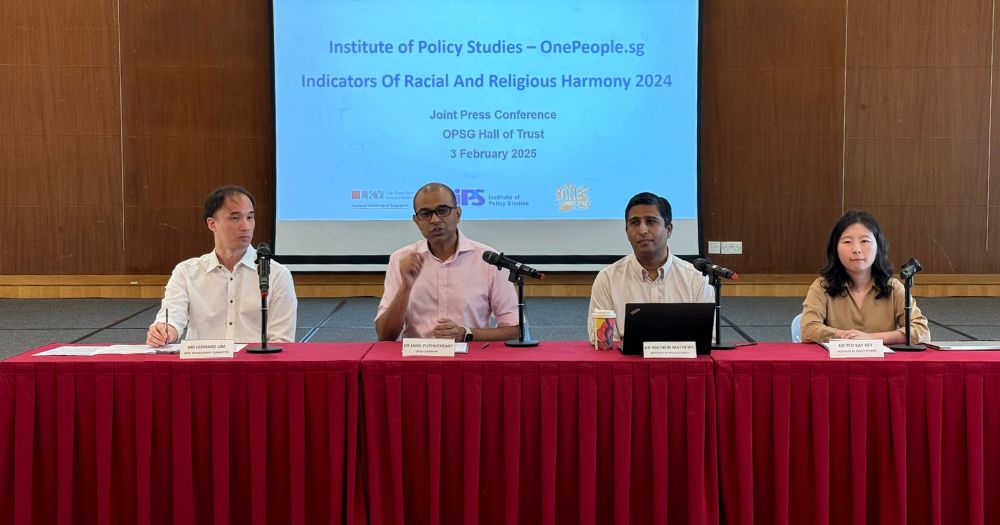Singaporeans call for social peace, but stereotypes persist
A study by IPS and OnePeople titled Indicators of Racial and Religious Harmony indicates that racial and religious stereotypes are growing as people become more conscious and honest about diversity. A quarter of the population does not fully trust fellow citizens from other religious or ethnic backgrounds, down from 42 per cent in 2013.
Singapore (AsiaNews) – A study published yesterday, based on data collected in 2024, indicates that deep-rooted ethnic and religious stereotypes persist in Singapore, a small but densely populated multi-ethnic and multi-religious country.
The survey also suggests that the authorities are under pressure to get more involved in guaranteeing social peace and rights to everyone, seen as essential to the city-state’s prosperity.
The IPS-OnePeople.sg Indicators of Racial and Religious Harmony study dresses a broadly positive picture of the situation, but it also found that about a quarter (27.2 per cent) of the population does not fully trust fellow citizens form a different faith or ethnicity, an improvement over 2013 (42.4 per cent ).
Still, this finding comes with a rise in racial stereotyping, attributed to the effects of the COVID-19 pandemic during which the fight against the spread of the virus brought people closer, while increasing suspicion towards others resulting from a lack of social interaction.
The situation is even more nuanced since the data were collected in several periods in the last five years, based on 10 different indicators of racial and religious harmony.
“These indicators,” the study shows, “allow us to compare shifts in attitudes and perceptions over time, providing a clearer picture of Singapore’s progress in maintaining harmony and inclusivity.”
More specifically, the rise in racial or religious stereotypes, from 35.2 per cent in 2018 to 43.5 per cent in 2024 seems to be due to two trends, namely greater attention to one’s assumptions about others on things like their age or the way they dress, and greater honesty about one’s own perceptions of others.
For OnePeople.sg President Janil Puthucheary, this is not necessarily negative because “It's important to recognise that in ourselves so that we can overcome them and behave in a culturally and socially appropriate way.”
One important finding is that few Singaporeans see ethnic or religious affiliation as a discriminatory element in the workplace.
Still, in a country of six million people with a Chinese majority (75 per cent), as well as substantial Malay, Indian and Eurasian minorities, plus 1.5 million immigrants of various origins, there is significant resistance in this “melting pot” to certain kinds of relationships, like mixed marriages.
18/01/2022 17:20







.png)










